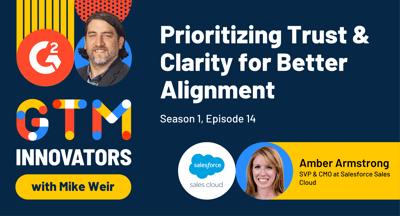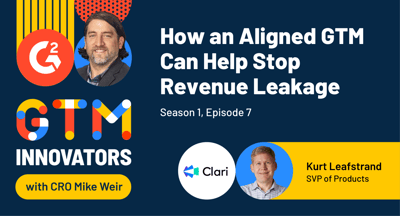September 17, 2020
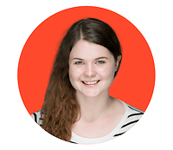 by Lauren Pope / September 17, 2020
by Lauren Pope / September 17, 2020
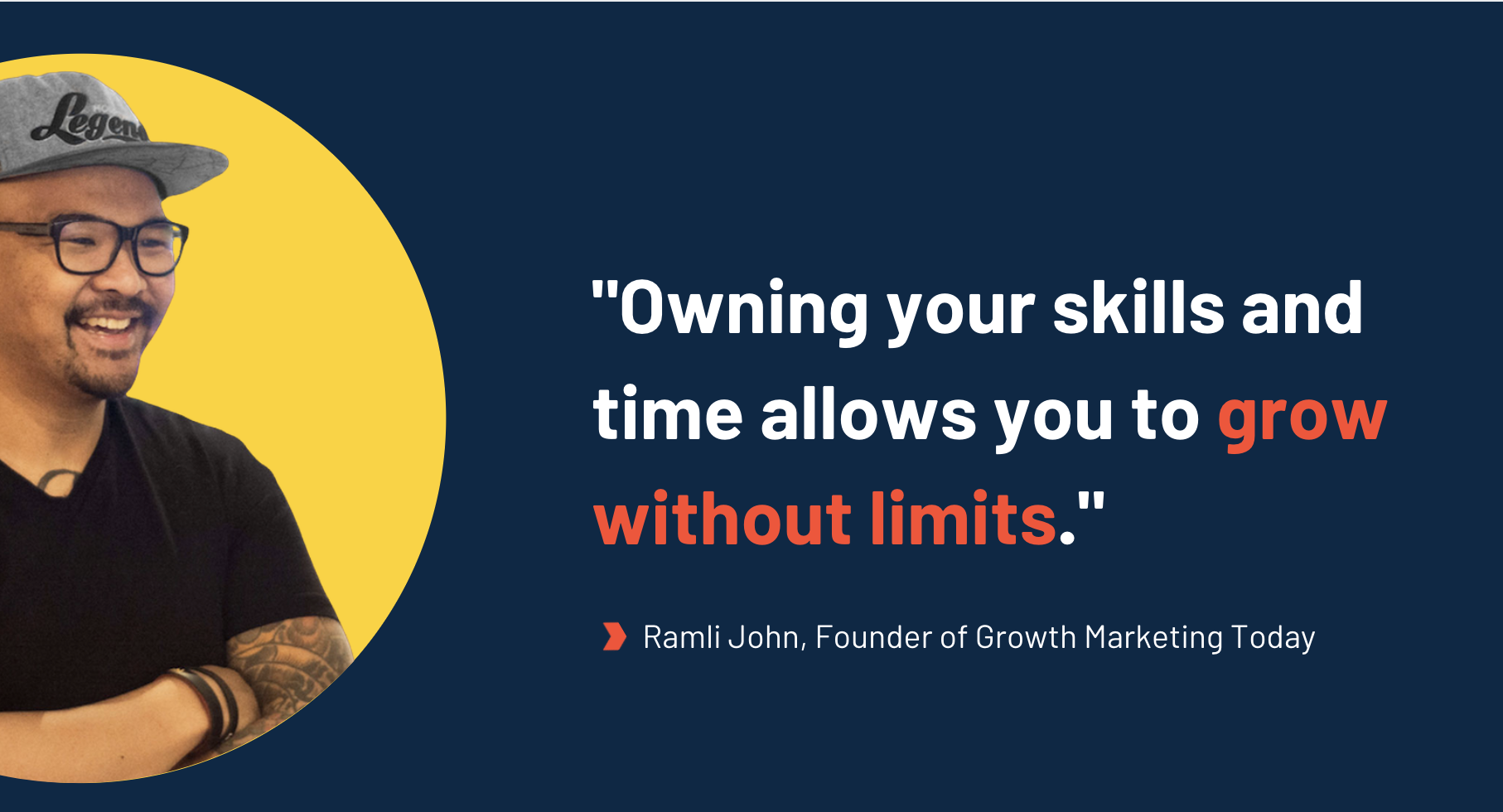
Founder and host of the Growth Marketing Today podcast, Ramli John shares how he made an exciting career pivot and turned his passion project into a personal branding goldmine. From full-stack developer and data analyst to his work hosting wildly successful podcasts, Ramli shares what he’s learned over the last three years while producing more than 100 podcast episodes.
LP: How funny is this? How the tables turn, huh? I was just on your podcast a few months ago and now here we are.
RJ: It’s crazy how many times it works out this way.
LP: So, let’s just dive right in. Why don’t you start by letting everyone know a little about you, and your background.
RJ: Sure. Yeah. My name is Ramli John and I’m the host and founder of Growth Marketing Today. I also do consulting with Product Led Institute. I also host another podcast now, too and a video series on YouTube called the User Onboarding Teardown series.
LP: That’s awesome. I feel like you’re everywhere right now, it’s really cool. I'm curious, was marketing something you always wanted to get into? I feel like marketing can be one of those fields you fall backwards into and next thing you know, you've got a whole thing.
RJ: That’s exactly what happened to me. I definitely fell backwards into it. I actually started my career in software development. I was programming for a big billion dollar company. And I didn't want to do that anymore. I hated being employee number 1,220,000, you know, whatever, at a huge company. So I started a company that ended up failing. And one of the reasons why is that I didn’t understand marketing. So I was like, I need to learn this.
Ramli John
Founder and Host, Growth Marketing Today Podcast
I needed to understand the psychology of people and understand why they make decisions the way they do. And that’s one of those things that you can't really program focus, you know? Programming is just like one plus one equals two; marketing is not. So I started researching, which led to consulting, and I ended up leading a few marketing teams before doing my own thing.
LP: Did the podcast come about while you were learning how to do your own marketing for your business?
RJ: Yeah, exactly that. I realized that one of the best ways to learn is actually talking to people who have been there and done that.
You know, I can read their books, but I love asking questions. I like digging into the details and getting really granular. So I started the podcast as a way to learn from people I consider to be the best of the best. Even when I’m hosting, I get to learn from people who are really experts in their field.
And the thing with marketing is that it’s so diverse, right? When you ask people to explain marketing, you’ll get a hundred different answers. So, that’s one thing I’ve really liked. I get the chance to talk to some really smart marketers.
LP: I wanna stay on the topic of the podcast for a second because you just reached a huge milestone, 100 episodes. Which, anyone who has created anything knows what a huge deal that milestone is. What did it feel like producing that hundredth episode?
RJ: You know, it’s funny. There were a few times when I wanted to give up the podcast. There were points when I felt it becoming a chore. And there was a point two years ago where I actually stopped for a bit because of things going on in my life.
But reaching the hundredth episode made me really proud and thankful that I didn’t quit.
I met some with the best people after I got over that hump. And I needed that break to feel excited about it again. Consistency is the key though, even if you need breaks. Anyone can push out one or five or 20 episodes, and a lot of people will be like, I'm not seeing the results. I wanna quit.
And that’s what I dealt with during that slump. But once I got past that and I kept pushing forward, that was when things opened up for me and I met so many cool people. And that realization of reflectiveness made me really thankful.
LP: I totally agree. It’s easy to fall for the trap of thinking that success is instant and glamorous. It takes a long time to build authority and see how things can pay off.
RJ: I’d love to add to that because I was just watching this YouTuber – I watch a lot of YouTube – I’m a big YouTube person. Anyway, I was watching Matt D'Avellas YouTube channel and he talked about something he called a three year rule. Some guys measure success based on what success looks like after three months. Well, Matt says to give a project at least three years before you measure ROI.
I'm looking back, it's like, I'm about to hit my third year of podcasting this October. And that’s crazy to me to know that it took that long to really start paying off. I guess if I could give myself one piece of advice at the start of the podcast it would be, you better be ready to stick with us for three years.
“The coolest stuff in your career starts happening when you learn to get over yourself.”
Ramli John
Founder and Host, Growth Marketing Today Podcast
LP: That’s such a great point and it kind of leads into this question I wanted to dig into with you about this idea you posted on LinkedIn about employers renting our time and expertise. What would you say to people who are ready to do that?
RJ: This is a topic that I've been chewing on for some time. The idea that as professional marketers – whether that's designers or copywriters or product marketers or whatever, when we think ownership of our skills, like, that's essentially what we're doing. We're renting our time and skills to our employer.
They give us money, and then in return we give them our skills, access to our creative mind space, and most importantly, our time.
This idea of really when you own something, you own your career. And we need to start thinking that our skills are our real assets. And then ask, how do I improve the skill? Because improved skill and perceived expertise are what is going to get you places.
And one of the best ways to improve any scale in my opinion is, yeah you can read it. You can take a course. Great. Yeah. You can have a conversation with really smart people. That's okay. That's really awesome. But when you’re ready to accelerate terms of learning is when you actually go out and build something yourself and learn by doing it.
So I think that's one thing I would suggest is: don’t rely on your employer to grow your skills; work on that yourself. And then, don’t wait on your employer to give you opportunities. Use your skills to create your own opportunities and become an expert. Build an audience. Once you build an audience, it's easier to get on podcasts, speak at conferences, and eventually start a business or get your name out there if that’s what you want. And then you know once you’ve done that you’re in control of your career.
LP: I think that's like part of this shift we’re seeing in marketing, this future of content centered around community and learning from the other people in your field as opposed to things like certifications or fancy courses.
When I graduated college [in 2015], everyone told us when we graduated to go get every HubSpot certification you can, Moz, SEMRush, and then you do Google Analytics and all that. And that shows employers you can do the job.
Now? It's like, go follow people on LinkedIn, comment on their stuff, get in their DMs, , write for their blog, ask them questions, and start posting your own stuff. And that’s what gets you a job now. I think that's such an interesting change in just five years.
RJ: I totally agree. I think that speaks to what I mentioned earlier about employers renting our skills. You know, whether you're starting a company or you're trying to get new employment, it really does show to people that you've already been there and done that. Right?
I love that you talked about like learning in a community. And just sharing what you're learning. I think that's really important to be willing to be vulnerable and say, okay, I tried this and it didn't work. I remember this guy on LinkedIn and he talked about an A/B test he did and he shared all the ways it failed. And it was probably hard to post! But it got great engagement and people interacted with him.
Ramli John
Founder and Host, Growth Marketing Today Podcast
And I think at the end of the day thought-leadership needs to be based on trust, right? They're not trusting you because you’re bragging about yourself. They trust you because you’re willing to share honestly.
LP: This fear of failure is funny to me because the best learning I've had in my career is through failure, but the current marketing ecosystem online is all about like this polished veneer. How do you reconcile those two things?
RJ: So that's one thing that another big advantage of really having a side hustle is. Sure, you’re learning on your own and it’s hard, but you learn a lot. And I know it’s hard to push send on that LinkedIn post sometimes. I still get the butterflies, you know, I still post things and worry that I'm going to get destroyed. I actually had my first LinkedIn troll the other day, so that was fun.
LP: You’ve made it!
RJ: Yeah, I mean, let me ask you, how do you get over that fear when you're like boasting? You said you've been posting more on LinkedIn, but like how do you get over that fear of hitting submit on posts?
LP: That's a great question because I'm still so new to this that even as I'm typing the posts there's a part of my brain that's like, this is garbage. You're not saying anything new. I bet Dave Gerhardt posted something better about this three months ago. All of that stuff.
Honestly what I do is I post it and then I close my laptop and then I walk away, I like physically distance myself from the laptop, so that I can't look at it and obsess over it.
RJ: Yeah. You’re so right. I've finally gotten to the point where I’ve posted enough times that it feels moree normal. I do the same things sometimes though. I’ll post and then I just I'm like, you know what, let's just let this happen. And then if someone does decide to disagree, let's talk about it, then like, don't worry about it until it happens.
LP: With how busy you are with all your projects, how do you balance your time? How do you stop yourself from saying yes to everything?
RJ: That's such a good question. So for me, I've been saying no a lot more often to things that are not really focused on my areas of expertise, which are product-led growth and user experience and product design.
And my justification is that I want to be an expert in this, and that’s what gets my creative energy flowing. So, that’s what I’ll spend my time creating. Whether that's new, new video ideas or on YouTube or new podcasts, like, it needs to stay focused on what makes me feel inspired.
I think that would be my advice for people. Once you know who you are and what you're good at and what you want to be known for, then it gets easier to say no to things that don’t support that growth.
LP: Product-led growth is really your focus right now, and I feel like product marketing is like the new hot topic. Every couple of years it’s something new; I feel like the product marketing is having its big moment. What is it about product-led growth that fires your brain up?
RJ: I think it all goes back to my first career as a software developer. I really like tapping into other skills that I have in product development. Finding the intersection of what my experience has been and where I think marketing is headed has been super exciting.
That’s another thing that I’d tell people as they are progressing their career: find that thing you’re good at and really double down on that one skill. Stop trying to be good at everything. There's this tendency to look at your competitors and notice your weakness and try to work on that weakness, so that that weakness becomes solidly average, right?
Ramli John
Founder and Host, Growth Marketing Today Podcast
It allows you to learn – and fail – and then get back up. Maybe in your job you fail enough times and you won’t have that job for much longer, so that scares people. But when you own something yourself, you never have to worry about that.
If you want to stay connected with Ramli, you can follow him on LinkedIn where he’s helping product-led companies convert more free users into lifelong customers with the Product-Led Institute.
Interested in reading more insights from experts like Ramli? Check out our interview with Brendan Hufford, Director of SEO at Directive and Founder of SEO for the Rest of Us.
Lauren Pope is a former content marketer at G2. You can find her work featured on CNBC, Yahoo! Finance, the G2 Learning Hub, and other sites. In her free time, Lauren enjoys watching true crime shows and singing karaoke. (she/her/hers)
Operating a business without unified marketing and sales goals is like sailing without a...
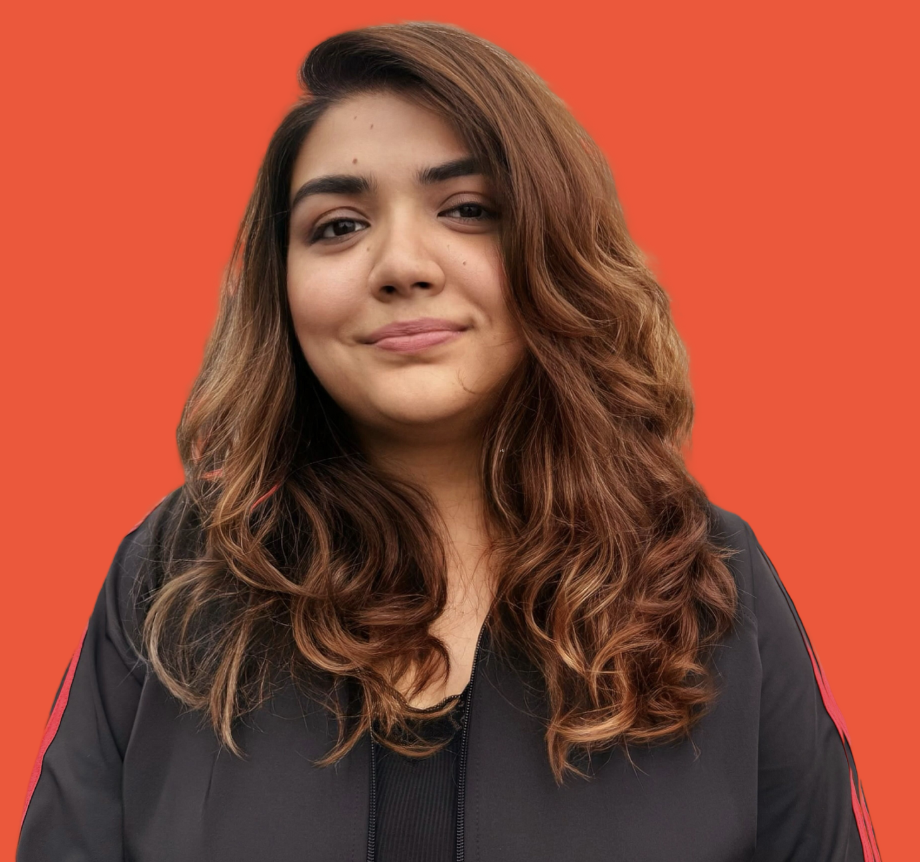 by Washija Kazim
by Washija Kazim
You move your microphone into position, take a deep breath and freeze. What do you say?
 by Piper Thomson
by Piper Thomson
The game has changed. And for the better.
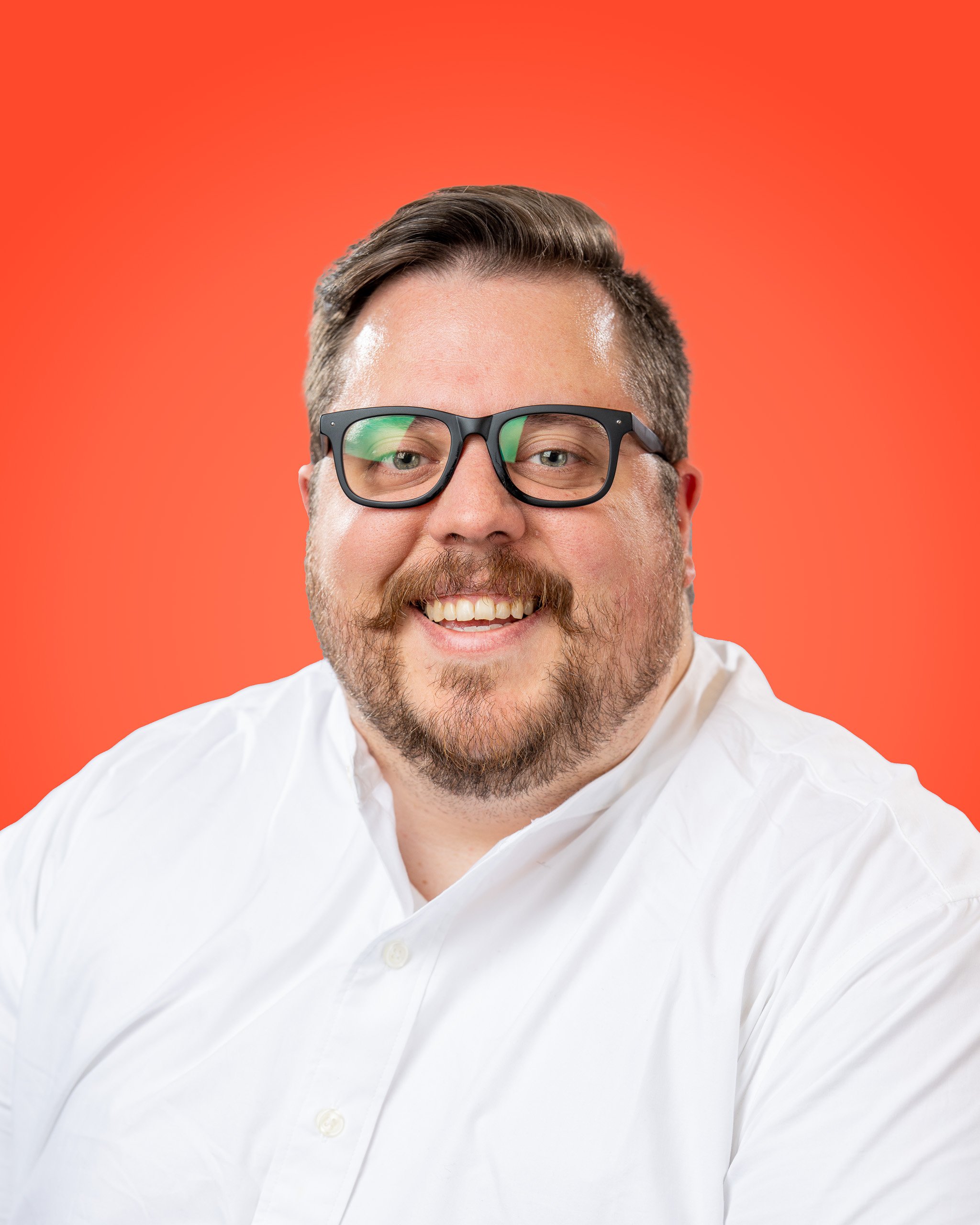 by Stephen Hoops
by Stephen Hoops
Operating a business without unified marketing and sales goals is like sailing without a...
 by Washija Kazim
by Washija Kazim
You move your microphone into position, take a deep breath and freeze. What do you say?
 by Piper Thomson
by Piper Thomson
